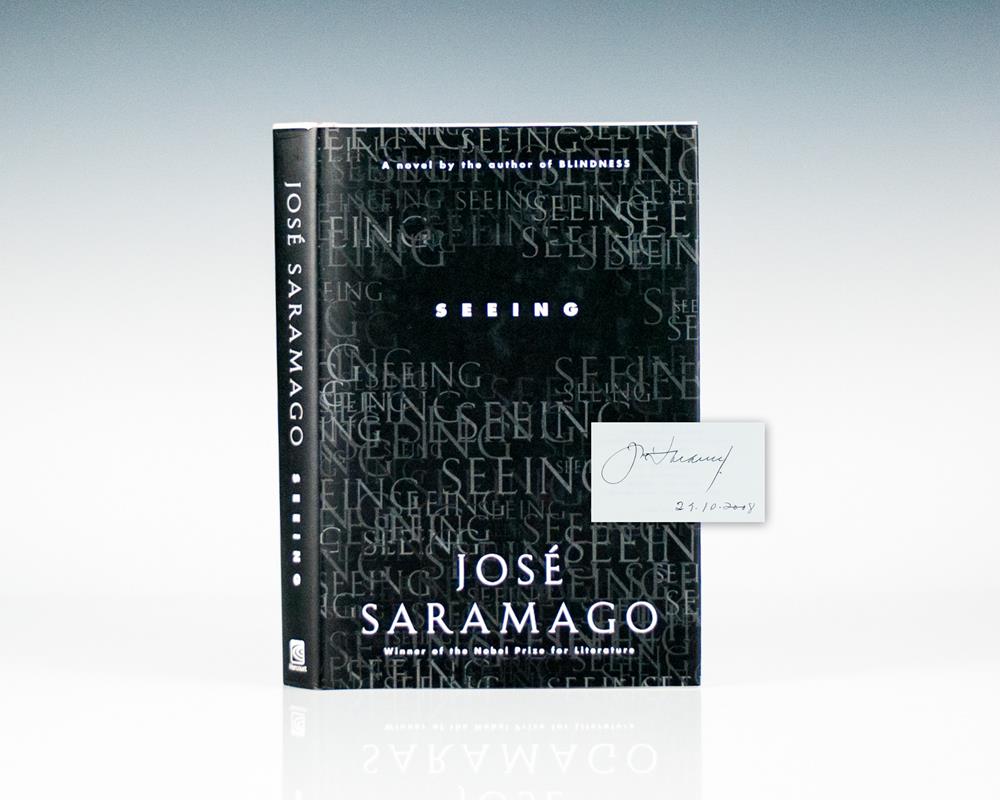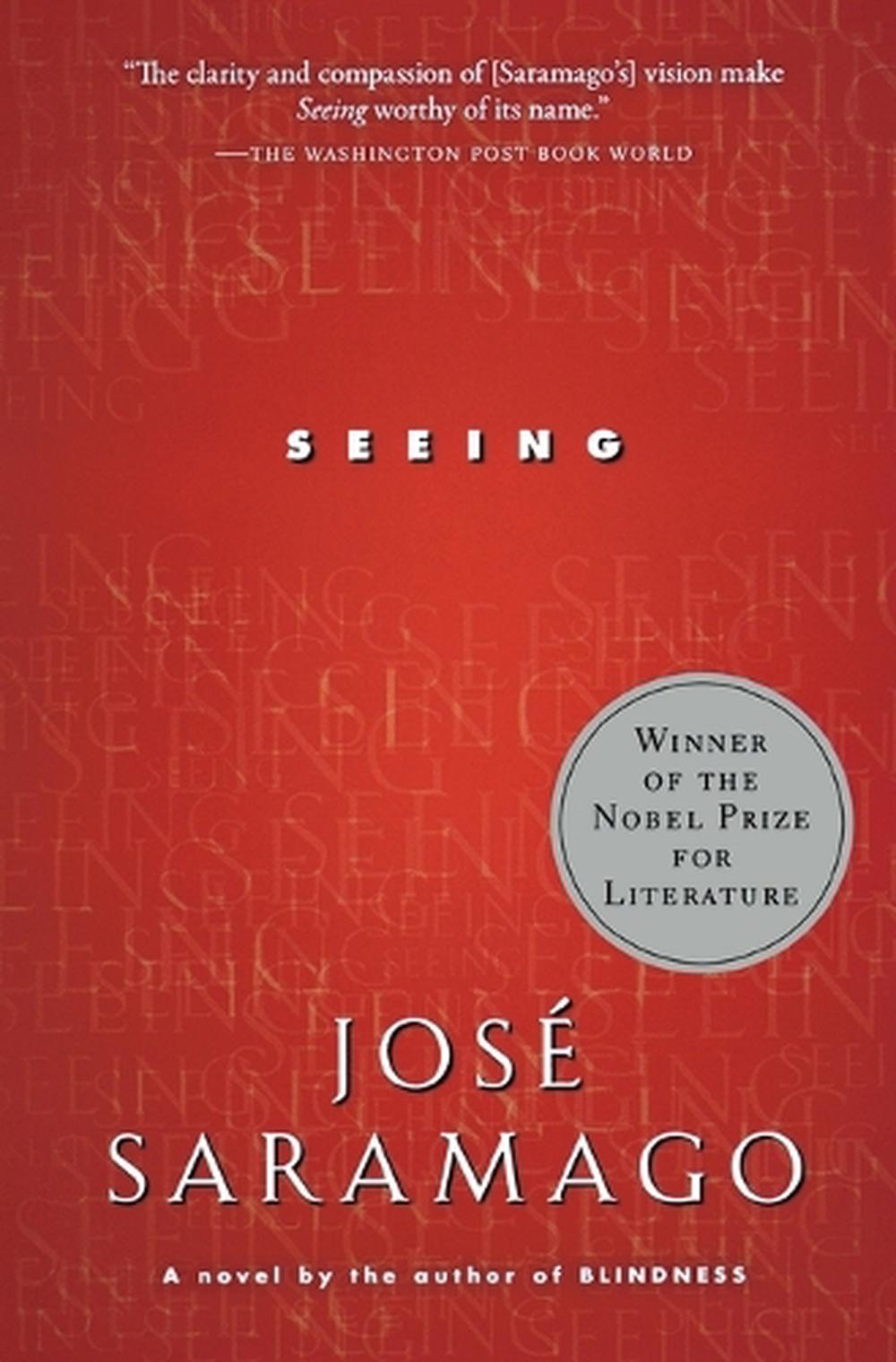

In the five years from 1971, Saramago also produced four volumes of essays on a wide variety of topics.

Between 19, he published all three volumes of his poetry.

Meanwhile, his more personal writing underwent various sea-changes. He participated in campaigns and published his views on human rights abuses around the world. Journalism was to remain a lifelong outlet for Saramago's radical take on current events. It took 20 years for him to venture into print again, not only for aesthetic reasons, but because his political sympathies naturally clashed with Salazar's nationalistic views on culture. His first book, Terra do Pecado (Land of Sin), had been published in 1947, before he was 25, but it was not a success, and has long been out of print ("to my relief," he once commented). He had, of course, been writing since his youth, but literature had seemed a pretentious option for a child from an illiterate background. It was the birth of my life as a writer." "Being fired was the best luck of my life," he said. The following year, he devoted himself exclusively to his books. Political wranglings, and Saramago's own uncompromised and uncompromising communism, were at least partly responsible for his being fired in 1975. He also worked on several newspapers, including a stint as a literary reviewer for Serra Nova and, after the death of the dictator António Salazar in 1970, as political commentator on the Diário de Lisboa. He worked as a draughtsman, publisher's reader and freelance translator, and in the editorial and production departments of a publishing house. Gradually, he progressed through numerous jobs towards his central literary interest.

The family moved to Lisbon when he was two, and Saramago left school early to contribute to the household bills by working as a mechanic. He was born into a humble rural household in the small village of Azinhaga.


 0 kommentar(er)
0 kommentar(er)
